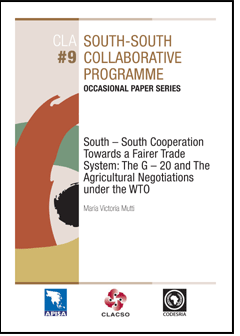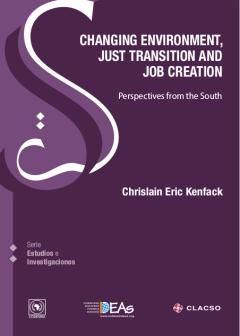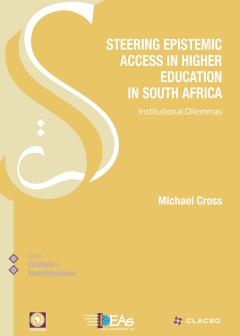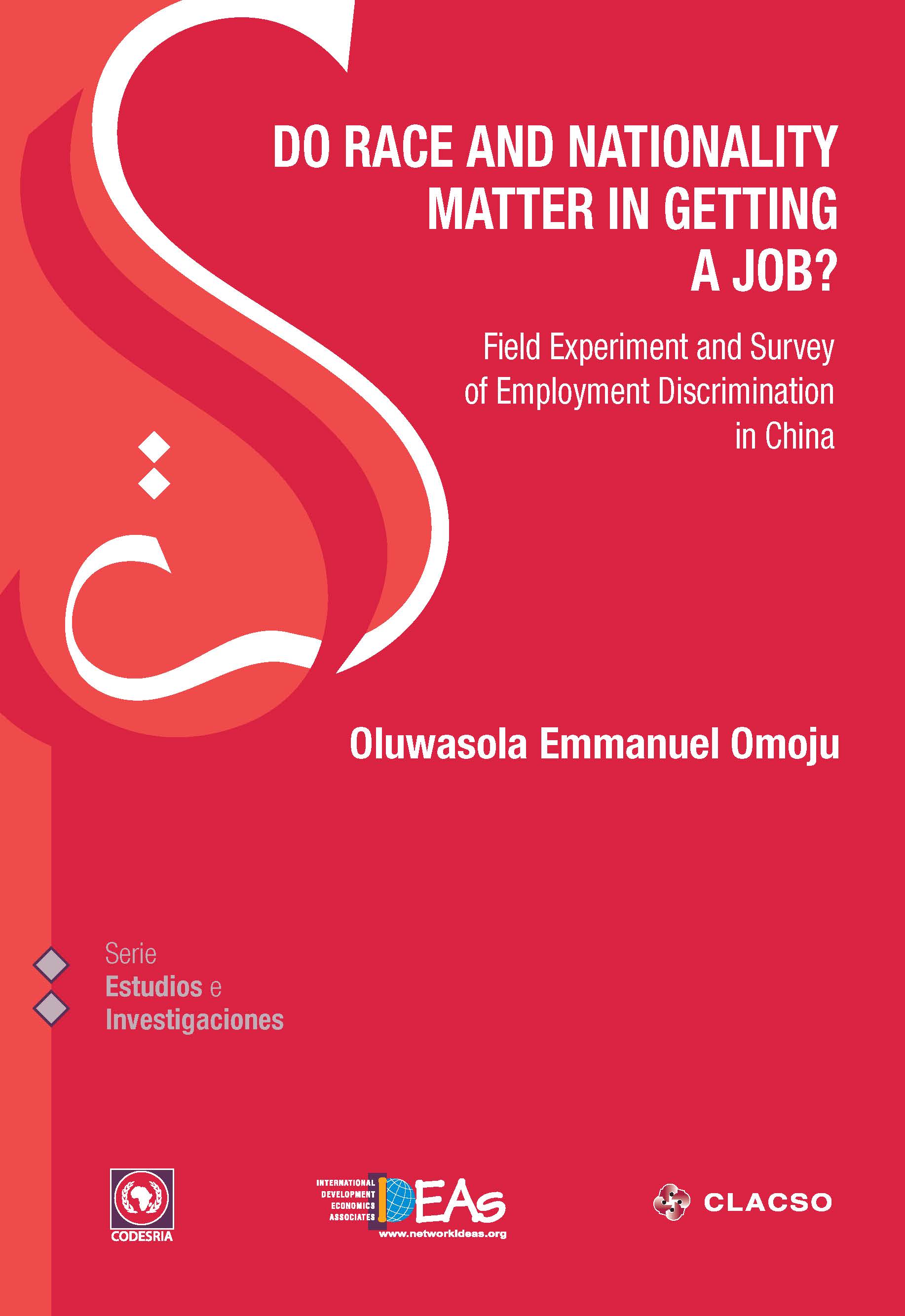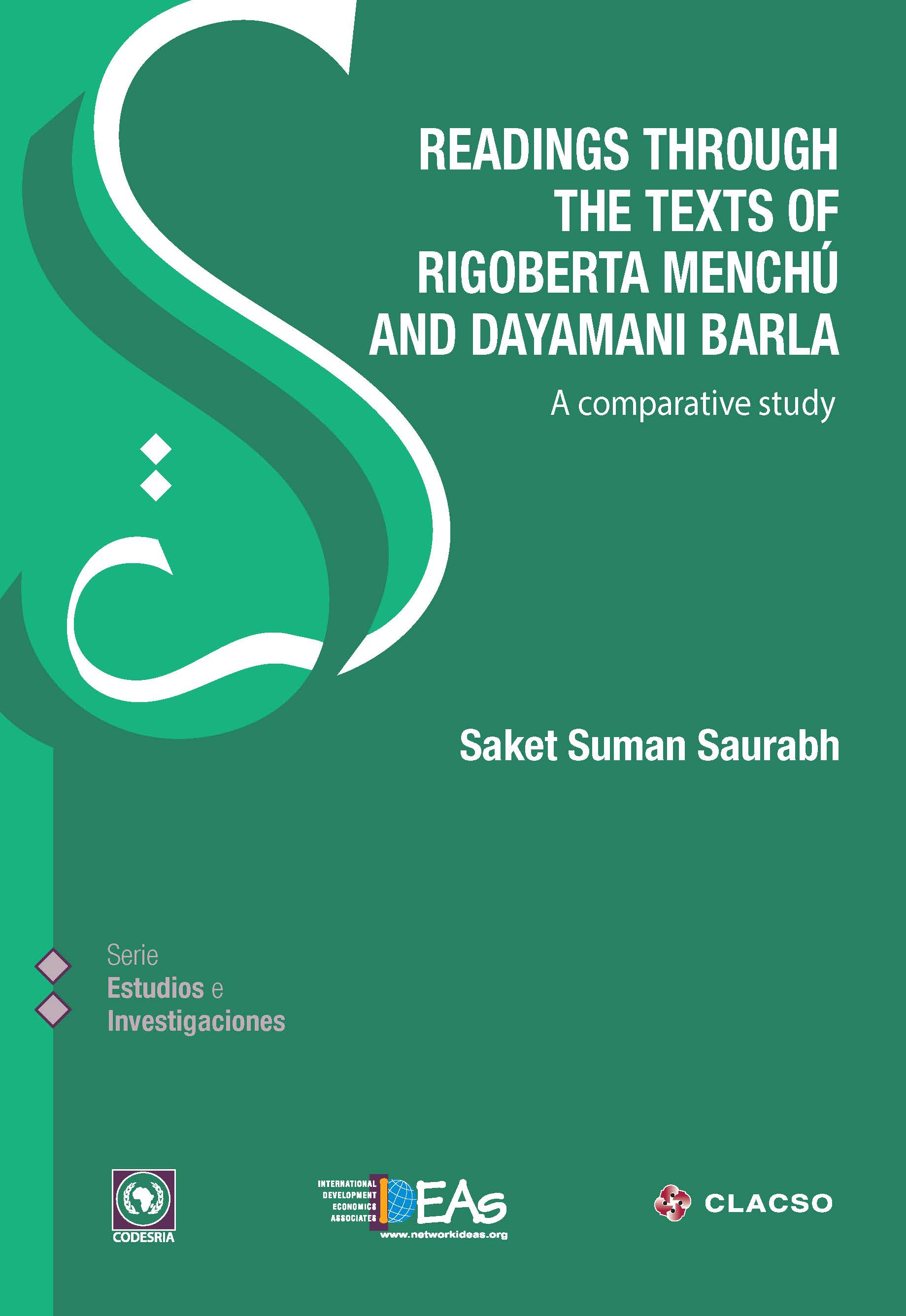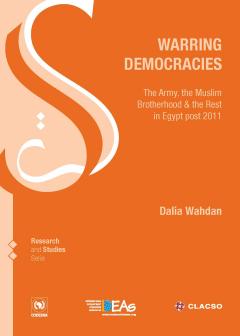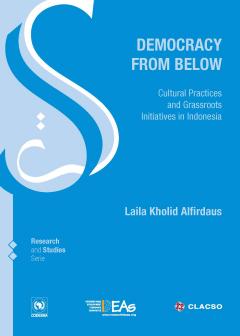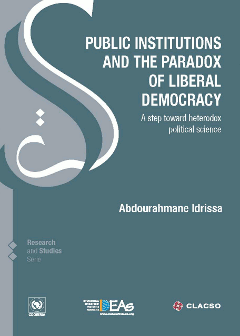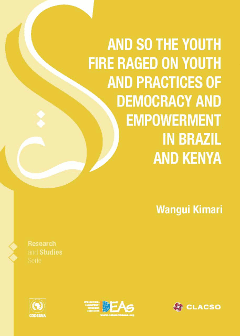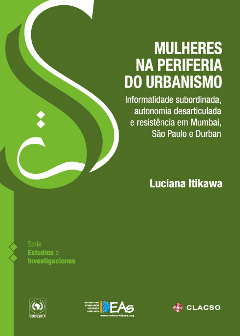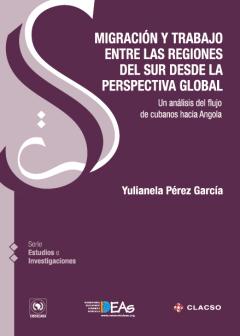- Sur-Sur.
Occasional Paper Series #9
South-South Cooperation Towards a Fairer Trade System: The G-20 and The Agricultural Negotiations under the WTO
Compartir:
There exists a close relationship between the poverty level of developing countries and the restrictions that hamper the trade of agricultural products. Within the main restrictions that distort the global markets of those products we find tariffs, non-tariff barriers, production and exportation subsidies, among others. These measures damaged the increase of the exportations and inhibit the possibility of growth of developing economies. In spite of this, industrialized countries have shown a great resistance to abandon those measures. As opposed to what happened with the trade of industrial products, the liberalization of the trade of agricultural products has never been managed within the frame of multilateral agreements. In this way, from World War II an international trade regime has been consolidating with great benefits for the developed economies but against weaker countries. In the international trade negotiations developed under the General Agreement on Trade and Tariffs (GATT) the areas of interest of industrialized countries were privileged, that is to say, those characterized by the intra-industrial specialization, scale economies, and product differentiation. However, when the inter-industrial characteristics dominated the trade currents, tariffs were high while non-tariff restrictions and other distorted practices multiplied. This shows that free trade is not working for the majority in the world. The reality of the world economy has very little to do with the free markets, it is characterized by the neo-mercantilist strategy of the main world power centers. Neo-mercantilism supposes a double-end strategy, on one side, the protection of the great powers towards the domestic capitalists that are not competitive; on the other, abroad, the forced opening of the Third World Countries. In fact, while the great powers spend millions of dollars, euro and yens to subsidy directly or indirectly producers and exporters, they established, at the same time, a great variety of protectionist measures to restrict or exclude the imports from Third World Countries (Petras, 2002:33).
Detalle
- ISBN:978-987-1183-88-3
- Editorial/es:CLACSO. CODESRIA. APISA.
- Ciudad de edición:Buenos Aires.
- Fecha de publicación:Enero de 2008

